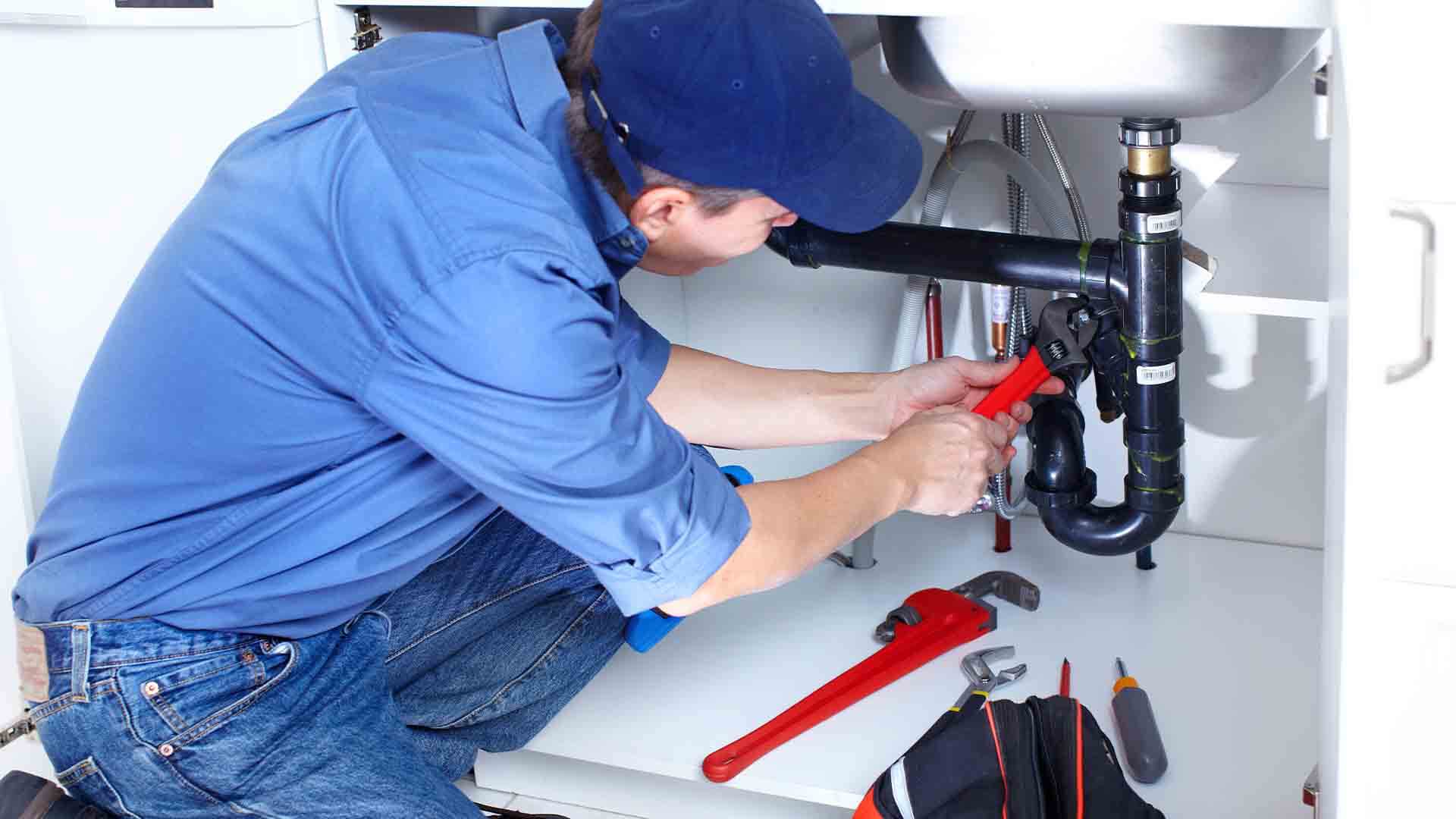A sewer backup is one of the most common and annoying plumbing problems for many people. It can happen in both residential and commercial settings. If you have ever dealt with sewer backups, you'll have a clear idea of how messy they can be. In such situations, hiring professional plumbing contractors becomes important for professional cleaning.
However, since sewer backups are common, it is important to be familiar with some tips and tricks that you can follow to prevent sewage backups from happening in the first place.
Keep reading this article to learn everything you need to know about a sewer backup and how to prevent it.
What Is A Sewer Backup?
In simpler terms, a sewer backup is flooding that you can face at your home when the city sewage system starts overflowing. It occurs when wastewater starts moving in the wrong direction. As a result, polluted water starts flowing into your house through the sinks, toilers, and drains.
Top 4 Reasons Behind A Sewer Backup
There is a long list of reasons that can cause a sewer backup. The following are the top 4 reasons that maximize the chances of a sewer backup:
Clogging
If you hear some strange noises from the toilet after flushing it, there is a high chance that you are facing the common issue of drain clogging. Clogs develop in the drain over time and block the liquid from freely flowing out into the sewer.
Clogs severely affect the functioning of showers, washing machines, and toilets. In case of a severe clog, the raw sewage will start pushing back into the drains and enter the plumbing pipes from the main sewage.
Some of the primary reasons behind drain clogs are:
- Hair
- Grease
- Cotton swabs
- Dental floss
- Tissue paper, paper towels, and baby wipes.
You should try to prevent these products from entering your drains in the first place. Try to throw them in a separate garbage bin to prevent clogged drains.
2. Plant Roots
Plants can end up in drain pipes and sewage systems, leading to significant blockage. It ends up crushing the drainage lines, especially when they have not been maintained or repaired by professionals in a long time. This process is called "root invasion."
Root invasion is common when there are small cracks or holes present in the pipes. Plant roots enter the lines through these holes and cause blockage and sewer backup. Root invasion can be prevented by trimming and maintaining the trees in your surroundings.
3. Blockage In Main Sewer Line
Blockage of the main sewer line is a common cause of sewer backup. This kind of massive blockage can happen due to clogs that tend to build up over time in the main sewer line.
Generally, an inadequate system capacity of the sewer system causes such issues. This problem becomes even more prominent and common when you are living in an area that is going through massive growth.
A large-scale blockage can impact all the buildings in the surrounding area. It will impact the plumbing in houses. In such a situation, you should immediately shut down all of the house's water supplies and consult professional drain cleaning services.
4. Water In Basement
The primary cause of basement flooding is not always the sanitary sewer system. Instead, in many situations, the soil settling near the house is not dealt with, and it causes the rainwater to flow into your basement.
Water can enter the basement through the cracks in a flood. As a result, you will face flooding in your house's basement. Make sure that the water is drained properly and the basement is sealed to avoid this issue.
Prevent Sewer Backup
There are certain tried-and-teste tips you can follow to prevent clogging and sewer backup from happening in the first place.
Use A Plunger
Using a plunger to prevent sewer backup is one of the most reliable, easy, and quick ways you can use it. A plunger is capable of dealing with medium-sized clogs, as plungers can go a long way in the drain line. You can use a plunger on any drain, such as sinks and toilets.
Using Cleaners
You can find many different types of cleaners on the market to deal with different types of drainage issues. A traditional liquid drain cleaner should be enough to deal with most issues.
However, you should not use a liquid drain cleaner to unclog the toilet because it can damage the toilet's seal or the toilet's bottom, which can lead to leaks. If you are not sure that you can handle chemical cleaners, it is best to call a professional plumber to help you out.
Conclusion
A sewer backup can be the result of many different factors. You should not take this issue lightly as it does not only affect your everyday life but can also be the cause of issues like diseases and electrical malfunctions in your house. If you are facing any of these issues, you should consider contacting a professional plumbing company like Dunn Rite Plumbing to get help from professional plumbers.





